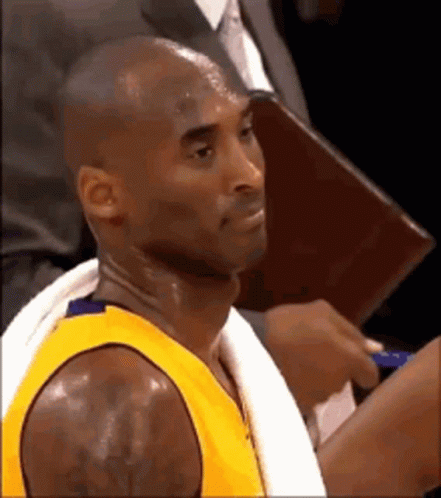Buddy
FAIA (Foundational African In America) 😤
Did you even read the article?psychological trauma from having to contemplate their actions in silence?
decades of studies show that corporal punishment is harmful to a childs development.

When the parental response is to isolate the child, an instinctual psychological need of the child goes unmet. In fact, brain imaging shows that the experience of relational pain—like that caused by rejection—looks very similar to the experience of physical pain in terms of brain activity.
On top of everything, time-outs are usually ineffective in accomplishing the goals of discipline: to change behavior and build skills. Parents may think that time-outs cause children to calm down and reflect on their behavior. But instead, time-outs frequently make children angrier and more dysregulated, leaving them even less able to control themselves or think about what they’ve done, and more focused on how mean their parents are to have punished them.
On top of everything, time-outs are usually ineffective in accomplishing the goals of discipline: to change behavior and build skills. Parents may think that time-outs cause children to calm down and reflect on their behavior. But instead, time-outs frequently make children angrier and more dysregulated, leaving them even less able to control themselves or think about what they’ve done, and more focused on how mean their parents are to have punished them.

 something told me to do a quick search after posting that
something told me to do a quick search after posting that


 “Studies “
“Studies “